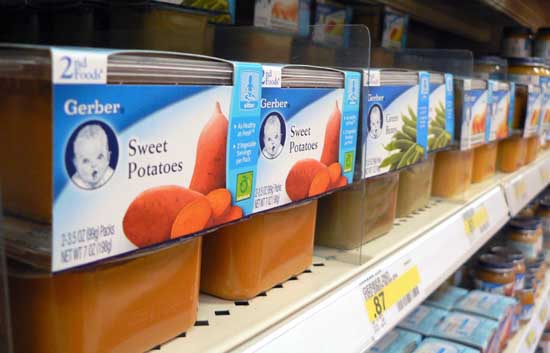Yes, I didn't actually use the word intelligent. I did say 'intricate' though. I think intricacy is all around us - and not just in the carbon based life forms on this planet either. Astrophysics reveals equally intricate designs throughout the known universe constantly.
As to the notion of 'intelligent design', I think it would require a known end point, which has always struck me as a peculiarly human preoccupation. Whatever gods may be, they won't have human perceptual limitations I think. Which makes even pondering their existence a bit futile.
Back to things microbiomic!
As to the notion of 'intelligent design', I think it would require a known end point, which has always struck me as a peculiarly human preoccupation. Whatever gods may be, they won't have human perceptual limitations I think. Which makes even pondering their existence a bit futile.
Back to things microbiomic!


